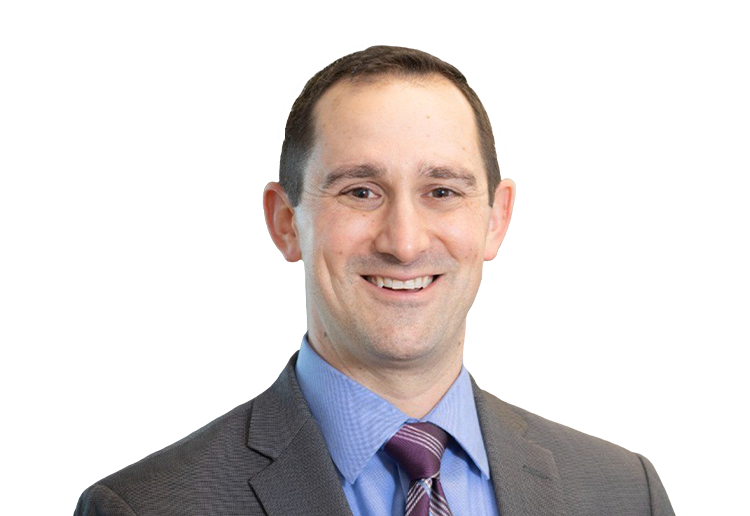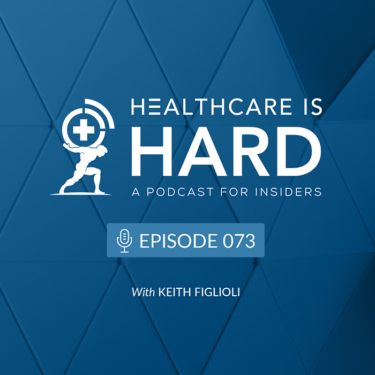
Elements of the new Trump administration are coming into focus as announcements of key healthcare appointments and nominations provide indications for what the market can expect starting in January. To dissect the impact these changes might have, Wall Street Analyst Jeff Garro joined Keith Figlioli to wrap up a four-part series of episodes on election implications. Previous episodes featured conversations with JP Morgan’s Lisa Gill, Canaccord Genuity’s Richard Close, and Maverick Health Policy’s Julie Barnes.
Jeff Garro is Managing Director and an equity research analyst covering Healthcare IT for Stephens, a family of privately held, independent financial services firms founded in 1933 that’s focused on building value for companies, state and local governments, institutions and high-net-worth investors. Prior to joining Stephens in September 2022 Jeff held research analyst roles at Piper Sandler and William Blair.
During this conversation, Jeff discussed the policy changes and broader market signals he’s watching to advise clients on investments in the healthcare IT market. Some of the topics he discussed with Keith include:
- Balance in management teams. When discussing elements he looks for in a good investment, Jeff talked about the lessons he’s learned evaluating management teams. He says companies need leaders that are great storytellers who can convey their vision and bring more investors under the tent. But cautions to stay vigilant for executives who might believe in their own narrative a little too much and in turn, don’t implement the right sets of checks and balances within their organization.
- Predictions by payer type. One way Jeff is assessing the market in light of pending regulatory and policy changes is by breaking it down by payer type. For example, he expects minimal change in employer-sponsored coverage and a more favorable environment for Medicare Advantage, when comparing the first Trump term to the last few years of the Biden administration. He says Medicaid markets will be harder to predict because potential for decreased federal funding could create market pressures, but could also create opportunities where technology can help. Lastly, he’s considering the individual market and the potential for ACA subsidies to not be renewed.
- Public vs. private markets. While Jeff’s primary role is analyzing public markets, he talked about how essential it is to understand innovation and activity occurring in private markets so he can ask the right questions and avoid being blindsided as new companies and technologies evolve. He also discussed the different mentalities of public versus private investors, and how those in private markets generally have the ability to be more patient – an advantage as we’re waiting for the new administration’s nominees to be appointed and confirmed.
- The post-COVID reset. There are a lot of problems to solve in healthcare – as there always have been – but Jeff also believes there are a lot of good companies, both public and private, positioned to solve them. He sees a favorable backdrop for healthcare investors following the challenging environment from the global pandemic, and is hopeful that the market has hit a reset from a performance perspective. He sees a shift from “growth at all costs” to a more reasonable approach to sustainable growth and healthy profit margins.
To hear Jeff and Keith discuss these topics and more, listen to this episode of Healthcare is Hard: A Podcast for Insiders.
